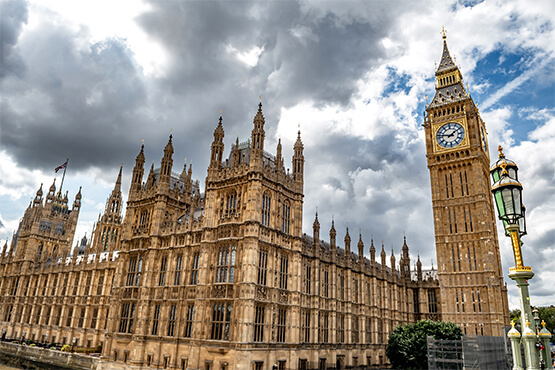The Social Partnership and Public Procurement (Wales) Bill (the Bill) was introduced by the Welsh Government on 7 June 2022. The Bill is intended to complement other legislation, specifically the Well-being of Future Generations (Wales) Act 2015 (WFGA 2015) and provides a framework for enhancing the well-being of the Welsh people by improving public services through public partnership, promoting fair work and socially responsible public procurement.
The Bill establishes a statutory Social Partnership Council (SPC), creating new social partnership duties. The SPC will be made up of members from the Welsh Government, nine representatives of employers and nine representatives of workers in Wales, nominated by the Wales TUC. The SPC’s core function will be to provide information and advice to Welsh Government ministers (the Welsh Ministers) on a range of matters included in the Bill. The Bill also requires the establishment of a public procurement subgroup that will aid the SPC in providing additional expertise and support about the functions placed on contracting authorities and the Welsh Ministers under the Socially Responsible Procurement duties as set out in Part 3 of the Bill.
The Bill further establishes a statutory Social Partnership Duty that will apply to specific public bodies to improve the economic, environmental, social and cultural well-being when carrying out procurement, with both workers and employers involved. It will require public bodies to seek consensus or compromise with their recognised trade unions or other representatives of its staff (where there is no recognised trade union) when setting well-being objectives and making decisions of a strategic nature under the WGFA 2015. The intention is to promote cooperation, strengthen policy and improve outcomes, through dialogue between social partners. The Social Partnership Duty for the Welsh Ministers will require them to consult with the SPC when taking steps to meet their well-being objectives.
Two specific contract management duties are set out in the Bill, to strengthen the link between procurement exercises requirements and due diligence in major construction supply chains and outsourcing contracts. This is in consideration of including social public works clauses and social public workforce clauses, within those specified contracts. The first duty is to strengthen the Workforce (two-tier) Code of Practice. It provides that contracting and retendering processes involving staff transferring from public bodies should be carried out to ensure terms and conditions of staff are protected and pensions remain generally similar. It also states new joiners to a transferred-out workforce are employed on terms that are no less favourable.
The Welsh Ministers are under a duty to publish model clauses. If any relevant bodies decide they do not want to include the socially responsible clauses in outsourcing contracts, the Bill places a duty on those relevant bodies to notify the Welsh Ministers of that decision well in advance of when the contract is advertised. The exception notices will be reviewed by the Welsh Ministers to assess whether it is reasonable to not include the clauses and SPC may also be sought to provide external expertise.
The other contract management duty addresses the need for greater due diligence in applying socially responsible contract terms throughout supply chains specifically in the construction sector where there is a risk of poor compliance with social obligations. These include unfair and unlawful employment practices that can be hard to address when dealing with long and complex supply chains. The duty is similar to that referred to in the paragraph above, in that a relevant body must notify the Welsh Ministers, in advance, if they do not intend to include socially responsible clauses in major contracts. Major contracts are defined as construction contracts or call-offs from frameworks with an estimated value of £2m or more (including VAT). Where a relevant body does include the socially responsible procurement clauses in major contracts, it must also ensure these contract clauses are extended through the supply chain and a process put in place to ensure it happens. This will give greater assurance to agreed standards, including for workers and the environment. It also gives bidders more confidence that they and their competitors will be held to contractual obligations.
The focus is currently on the construction industry and on larger contracts in order to test the application of this duty and to make the best use of resources, but the Welsh Ministers may extend this duty to other sectors down the line.










































